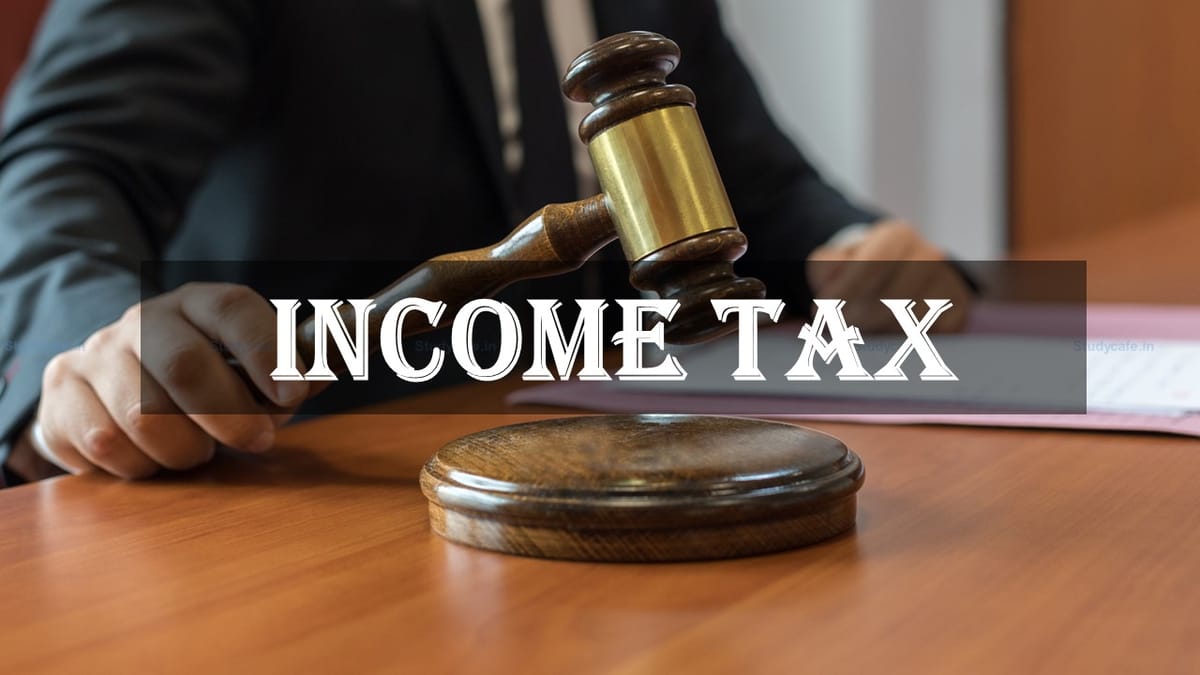Wherein investment in foreign companies disallowance made u/s 14A to be deleted: ITAT
Meetu Kumari | Jun 30, 2022 |

Wherein investment in foreign companies disallowance made u/s 14A to be deleted: ITAT
The assessee has claimed software development expenses amounting to Rs.7,16,29,306 for the year 2010-11. The AO noted from the ledger books that the amount constitutes Rs. 6,69,59,378 as software consultancy charges and the balance amount as salary allowance and incentives. The payment for software development consultancy charges was made to Esoftcom Mauritius Ltd., Num TV Limited, Mauritius and Blazeway LLC and no TDS was deducted under section 195 of the Act. Thus, AO invoked the provisions of section 40(a)(i) of the Act and made disallowance.
Appeal before CIT(A): Aggrieved, assessee preferred appeal before CIT(A) which was confirmed as his case falls within the ambit of ‘fee for technical service’ as per section 9(1)(vii) of the Act and no details were provided.
Appeal before ITAT: Aggrieved assessee filed an appeal before the Tribunal which held that the assessee failed to prove the nature of payments and the assessee did not file any evidence before lower authorities as well as in front of the tribunal. Hence, the tribunal presumed that the payment made abroad for software consultancy charges is in the nature of a fee for technical service as per section 9(1)(vii) of the Act and the assessee’s case squarely falls under the provisions of section 195 of the Act. The assessee is subject to TDS but failed to deduct the same. Therefore, the orders of lower authorities were confirmed on this issue and the ground of appeal is dismissed for both assessment years.
With respect to the issue relating to disallowance of expenses relatable to exempt income by invoking section 14A r.w.rule 8D of the Rules. the Tribunal for the assessment years 2007-08 & 2009-10 held that the assessee is eligible for depreciation at 25% as this digital content was manipulated by the assessee to be used in different films but still, it cannot be categorized as ‘computer program’ rather it still retains the character of the copyrighted material is an intangible asset and in our considered view, the assessee is eligible for depreciation at 25% as these copyrighted material developed by the assessee being ‘Digital Content’ which is used by the assessee in various films, etc. As the issue is squarely covered by the decision of this Tribunal, the tribunal dismissed the issue of the assessee’s appeal and the appeal was partly allowed.
In case of any Doubt regarding Membership you can mail us at contact@studycafe.in
Join Studycafe's WhatsApp Group or Telegram Channel for Latest Updates on Government Job, Sarkari Naukri, Private Jobs, Income Tax, GST, Companies Act, Judgements and CA, CS, ICWA, and MUCH MORE!"